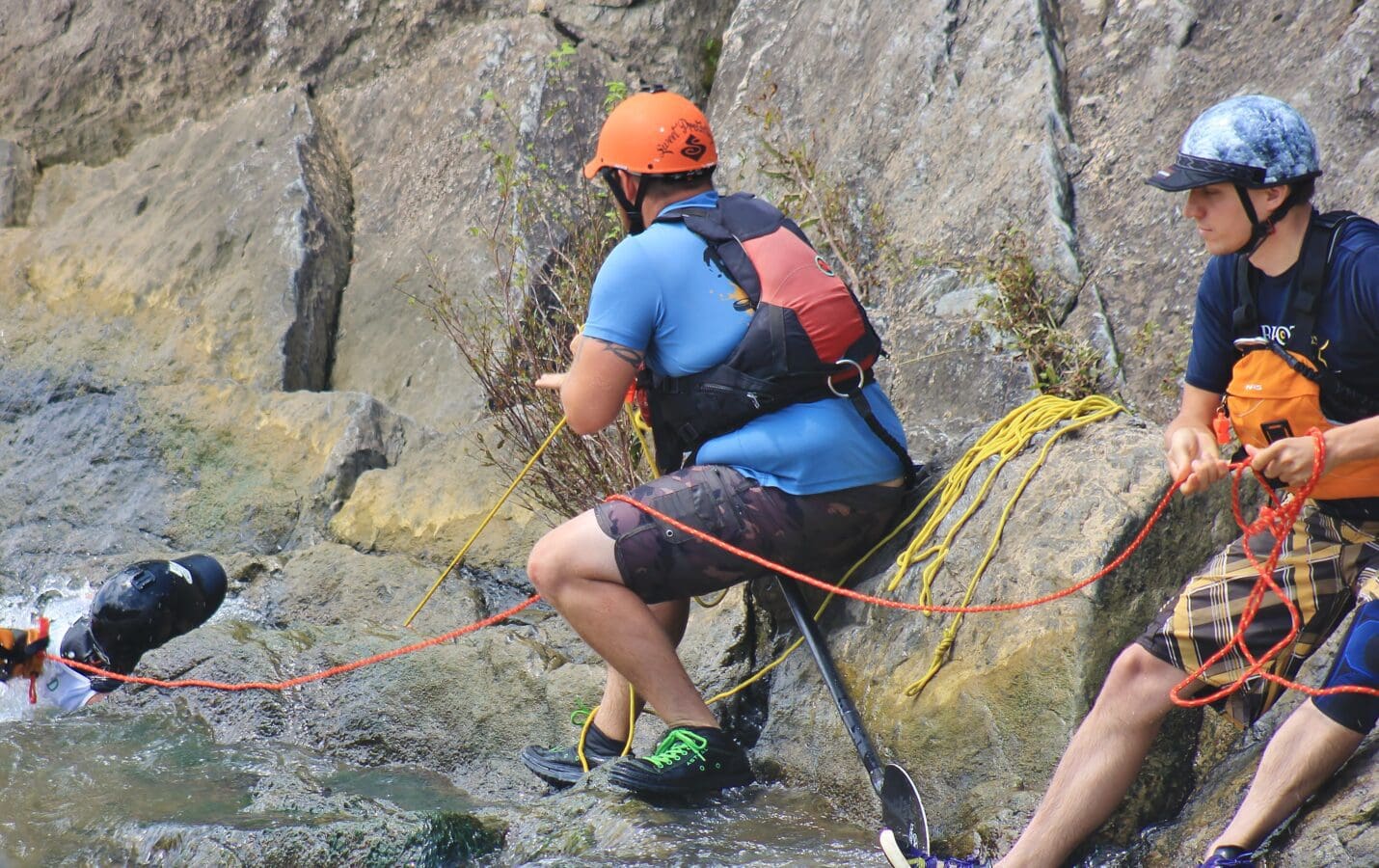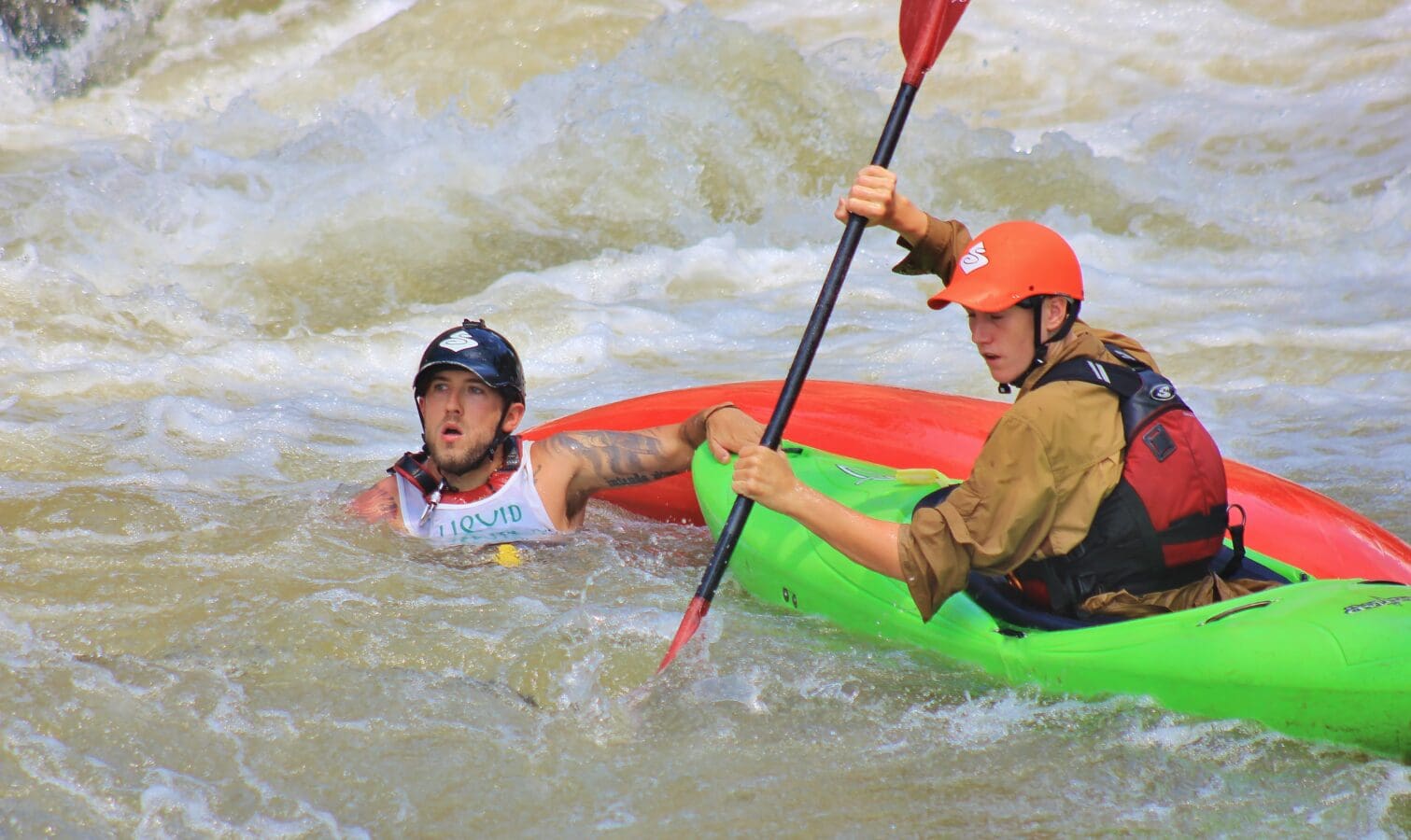
Does Legal Rescue Liability Exist for a Rescue Attempt?
Most people will respond when asked that if they see another person in peril, they will help rescue that other person. However, rescue liability — the issue as to whether one’s rescue of another person causes legal liability — is not always simple. Most states throughout the years developed the rule that (1) there is no “duty to rescue,” i.e., no requirement that an individual assist another individual in need of rescue and (2) an individual can be held liable for negligent conduct related to a rescue attempt. As a result, many people will shy away from a rescue attempt to these legal concerns.
However, fortunately, most states — including Maryland, Virginia, Washington, DC, New York, California, Wyoming, and Massachusetts — have addressed some rescue liability problem by passing Good Samaritan Laws. Within Good Samaritan Laws, states have codified various statutory laws which shield certain individuals and rescue personnel from rescue liability.
For example, under the Maryland Good Samaritan Law, almost all rescue personnel (including members and volunteers of fire departments, rescue squads, National Ski Patrol System, and persons licensed in the state to provide medical care) are “not civilly liable for any act or omission in giving any assistance or medical care not civilly liable for any act or omission in giving any assistance or medical care” under most circumstances where the care is being provided without compensation. Further, a non-rescue-personnel individual has no rescue liability when the non-compensated rescue is given in a “reasonably prudent manner” and “the individual relinquishes care of the victim when someone who is licensed or certified by this State to provide medical care or services becomes available to take responsibility.”
However, even with the Good Samaritan Laws clarity, there still exists unique cases where rescues and rescue attempts can lead to liability.
In the West Virginia case of Murphy v. North American River Runners, Inc., the court addressed a suit against a rafting company addressing injuries from a rescue attempt on a whitewater rafting trip on the New River. The court ruled that the rafting company was potentially liable due to actions from the successful rescue of another raft. In Murphy, a raft guide positioned his raft to dislodge and rescue (through a “bump”) a distressed raft which was stuck in a river rapid. While the rescue action did indeed successfully dislodge the stuck whitewater raft, a passenger in the raft performing the rescue was injured during the “bump.” The court ultimately ruled that liability was appropriate because the rescuing raft’s passengers had not agreed (in their liability forms) to help rescue another raft in distress.
In the Maryland case of Transcare Md., Inc. v. Murray, the court was tasked with evaluating whether a commercial ambulance company qualified for immunity under Maryland’s Good Samaritan Act (as described above). The court acknowledged that “the Maryland Good Samaritan Act provides immunity to specified individuals and entities from liability for ordinary negligence that occurs in connection with assistance or medical care rendered without fee or other compensation at the scene of an emergency or in transit to a medical facility.” Ultimately, however, the court ruled that while the company’s rescue-staff employees may qualify for immunity under the Good Samaritan Act, the company not qualify for immunity under the Good Samaritan Act. Thus, Maryland’s rescue laws are focused on the individuals not the entity.
In the Arizona case of Phelps v. Firebird Raceway, Inc., a driver on the Firebird Raceway filed a lawsuit against the raceway alleging that the raceway’s employees were negligent in failing to rescue him more quickly from his burning vehicle and providing inadequate emergency medical care. The court ultimately ruled that a jury is required to decide whether the “assumption of risk,” as included in the waiver signed by the driver, would preclude the driver from recovering damages resulting from the alleged rescue negligence.
In conclusion, due to Good Samaritan Laws — which exist in almost every state — most rescuers will be immune from rescue liability. While there are some exceptions to this immunity in most cases (such as gross negligence), providing competent rescue skills and turning over the rescue to professionals when available (1) is a safe proposition and (2) is not likely to create rescue liability.
Longman & Van Grack regularly assists clients with different types of legal issues such as releases and waivers within our Sports and Recreation Law practice. In fact, Longman & Van Grack attorney Adam Van Grack has not only represented sports and recreation companies, but also been a member of the boards of several sports safety and Olympic training nonprofits. Call us at (301) 291-5027 if you have any further questions or if you think we can help you out.

